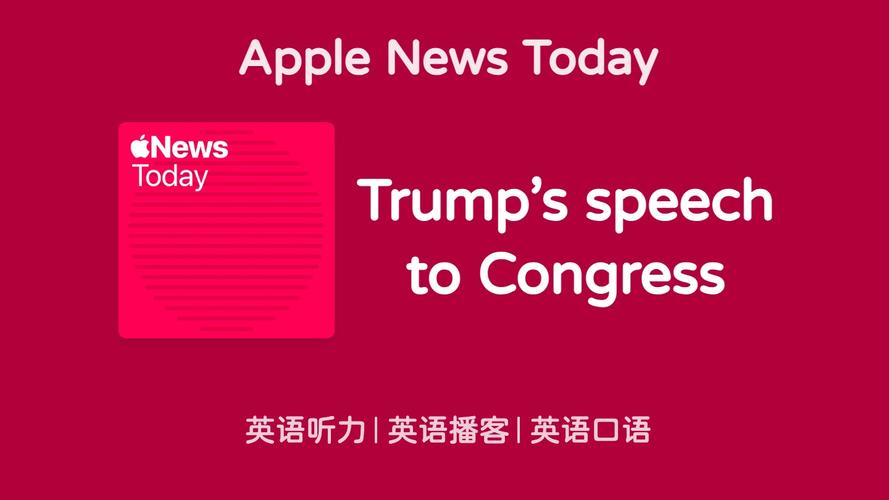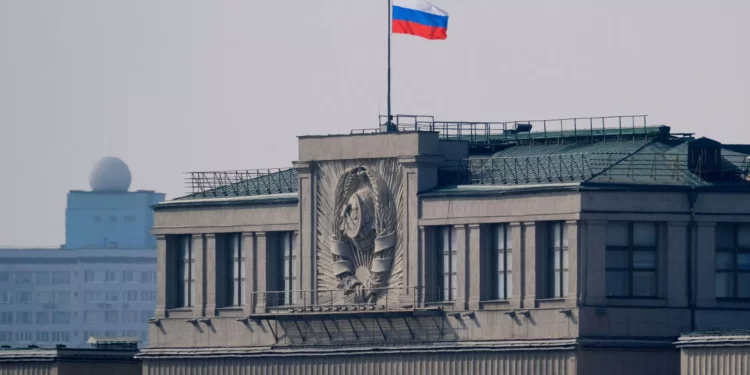The deputy speaker of the Russian State Duma proposes the establishment of a strategic Bitcoin reser
 summary:
According to a report by the Russian state-owned news agency RIA Novosti, Anton Tkachev, D...
summary:
According to a report by the Russian state-owned news agency RIA Novosti, Anton Tkachev, D... The deputy speaker of the Russian State Duma proposes the establishment of a strategic Bitcoin reserve to challenge the global sanctions system
According to a report by the Russian state-owned news agency RIA Novosti, Anton Tkachev, Deputy Speaker of the State Duma, has proposed a plan to the Finance Minister, Anton Siluanov, to establish a strategic Bitcoin reserve. The main goal of this proposal is to enhance Russia's financial security and foster innovation in cryptocurrency, especially in the context of increasing Western sanctions. This move represents not only an important measure within Russia's broader strategic framework but also an attempt by the country to use digital assets as an alternative to the traditional financial system.
In recent years, Russia has made significant progress in integrating cryptocurrency into its financial system. President Putin has explicitly expressed support for Bitcoin and other digital currencies as global reserve assets, criticizing the use of the U.S. dollar as a tool for American political interests. Putin pointed out that no country can ban Bitcoin, and as nations seek to reduce costs and improve the reliability of their financial systems, digital currencies and blockchain technology will undoubtedly see broader adoption in the future.
Russia has already taken several practical steps in this direction. For example, the country has legislated to recognize cryptocurrency as property and has provided tax incentives for cryptocurrency transactions. Additionally, Russia has conducted in-depth research in the field of non-fungible tokens (NFTs) and proposed a series of legal frameworks aimed at protecting NFT holders' rights and incorporating them into the intellectual property regulatory system.
While responding to pressure from Western sanctions, Russia has also legalized cryptocurrency mining and allowed digital currencies for international payments, further promoting the use of digital currencies. These new legislative measures aim to mitigate the economic impact of sanctions, help Russia trade with other countries through international payment systems based on digital currencies, and gradually achieve financial decoupling. The Russian central bank has played a key role in regulating these transactions and innovations.
It is important to note that the proposal for a strategic Bitcoin reserve, put forward by Deputy Speaker Tkachev, is part of a larger-scale financial restructuring strategy in Russia. This proposal highlights Russia’s efforts to reduce dependence on the U.S. dollar, improve financial security, and drive global financial system transformation through cryptocurrency innovation. In the current international geopolitical environment, Russia has expressed concerns about the vulnerabilities of traditional reserve currencies such as the U.S. dollar, euro, and Chinese yuan, further strengthening the need for Russia to develop alternative reserve tools.
In his proposal, Deputy Speaker Tkachev explained the potential benefits of establishing a strategic Bitcoin reserve. He believes that traditional reserve currencies such as the U.S. dollar, euro, and yuan face multiple risks, including inflation, sanctions, and political interference, making decentralized cryptocurrencies like Bitcoin increasingly viable as international payment tools. Especially in the case of sanctioned countries unable to use traditional international payment systems, cryptocurrencies are becoming more important in international trade, serving as key tools for dealing with financial pressures.
To further promote this process, the Russian central bank has already begun preparations for an experimental program on cryptocurrency cross-border payments. Through this initiative, Russia hopes to gain more practical experience with the use of cryptocurrency in global trade and provide a model for other countries with similar needs. This experiment marks the potential for Russian digital assets to be used in international trade, with mainstream cryptocurrencies like Bitcoin potentially seeing significant value increases as market demand and regulatory frameworks improve. Some analysts predict that by 2025, the price of Bitcoin could range from $100,000 to $500,000, driven mainly by supply constraints and increased institutional adoption.
If Russia successfully implements this proposal, it will provide an important example for other sanctioned countries with similar circumstances. Other countries may follow Russia's approach and use crypto assets as a means to counter international sanctions and financial pressure. Implementing this measure will require significant policy adjustments and coordination within the Russian government, especially between the central bank and financial regulatory bodies. Deputy Speaker Tkachev’s proposal reflects Russia’s determination to incorporate cryptocurrency into the national financial strategy, aiming to provide a more stable and secure financial framework amid global economic uncertainties.
Behind this move is not only a challenge to the traditional monetary system but also a proactive exploration of the future evolution of the global financial system. Driven by globalization and technological innovation, cryptocurrencies, as decentralized assets, are gradually reshaping the international financial landscape. Countries, particularly those facing Western sanctions and economic pressure, are seeking to achieve economic autonomy and financial independence through digital currencies. The decentralized nature of cryptocurrencies makes them capable of bypassing state intervention to some extent, which is one of their crucial roles in the future global financial system.
Despite facing numerous challenges, including technological, legal, and international reactions, this move by Russia undoubtedly demonstrates the potential of cryptocurrencies in the future financial system. Especially Bitcoin, the most well-known global cryptocurrency, may attract increasing attention and adoption as a reserve asset. With ongoing financial innovation, cryptocurrencies are not merely speculative tools; they are gradually becoming an asset class capable of influencing the global economic structure.
Tags: Bitcoin, Digital Currency, Russia, Cryptocurrency, Cross-border Payments


